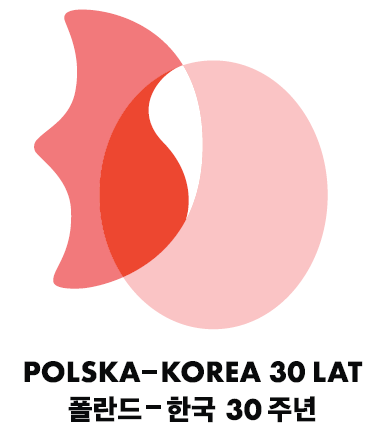-Polish envoy excents the importance of food culture exchange rather than political or any other economic issues.
Starting from the cultural cuisine exchange programs held on May 13th, the Embassy of Poland is planning to activate its 30th diplomatic ties programs in earnest this year between the two countries to commemorate both countries' diplomatic establishment.

At the cultural cuisine exchange event held at the Hansik Foundation, over 150 guests enjoyed polish cuisines, confirming many similarities between Korean foods & Polish foods including Romania Amb. Mihai Ciompec couple, Austria Amb. Michael Schwarzinger etc. In the morning, Polish food master course was prepared for Korean food manias so that they can understand and learn from Polish famous chefs more about Polish food culture as well as how they can make Polish foods.

Prior to this, the Embassy of Poland in Seoul celebrated 228th Anniversary of the 3 May Constitution. According to MFA Press Office in Poland, the adopted constitution drew inspiration from the political and social thought of the European Enlightenment as well as the American Constitution of 1787. The authors of Poland’s basic law stipulated that the government was to put the nation first rather than advance the interests of the few. The document consisted of 11 articles. The first one granted dominant status to the Roman Catholic faith but at the same time guaranteed the freedom of belief and practice to other religions. Article 5 provided for the separation of powers into legislative, executive, and judicial. A two-chamber Sejm passed laws, executive power was in the hands of the king and the Guardians of the Laws, and judicial power was exercised by independent courts.
Constitution Day was established in 1919 and was a public holiday until 1940. During the Second World War and in the times of the Polish People's Republic it was forbidden to celebrate the May 3 Constitution. It was only in 1990 that the public holiday was restored by law.
Also, this year serves as Fifteen years of Poland's membership in the EU. On 1 May 2004, Poland, together with the Czech Republic, Slovakia, Hungary, Lithuania, Latvia, Estonia, Slovenia, Cyprus and Malta, joined the EU. The 2004 enlargement was the largest in the Union’s history, according to the Embassy of Poland in Seoul.
In the first step, on 16 December 1991, Poland signed the Europe Agreement on 16 December 1991 establishing an association between Poland and the European Communities and their Member States. A symbolic moment came on 8 April 1994 in Athens with the submission of a formal application for membership in the European Union by the Government of the Republic of Poland. Official accession negotiations with the EU began four years later – in the accession referendum, which took place on 7-8 June 2003, 77.45 percent of Poles voted in favour of EU membership.
Poland is the most populous and largest country in terms of territory to have joined the EU since 2004. Poland’s is the sixth largest EU economy according to the GDP value and one of the fastest growing. Poland is an active and important member of the Union, engaged in key debates on its future, migration, climate and economic policy. Poland's EU membership strengthens the country’s international standing and brings many economic, political and social benefits. “Poland’s accession to the European Union crowned the efforts of all governments that were formed after Solidarity’s victory in 1989. […] EU membership has become a foundation for the modernization of our state, economy, and foreign policy”, Minister of Foreign Affairs Jacek Czaputowicz said in his foreign policy address to the Sejm of the Republic of Poland on 14th March 2019.
Regarding its 30-years diplomatic relations logo, "We are pleased to present to you the official logo of 30 years anniversary of establishing diplomatic relations between Republic of Poland and Republic of Korea, said Poland Amb. Piotr Ostaszewski.
The logo has been selected through contest organized by the Adam Mickiewicz Institute for students of the Paju Typography Institute in Korea and the Academy of Fine Arts in Warsaw. Among the 43 submitted works, Eun Koh was awarded the first place by the Polish-Korean Executive Committee. The logo will be used for cultural events in 2019.

